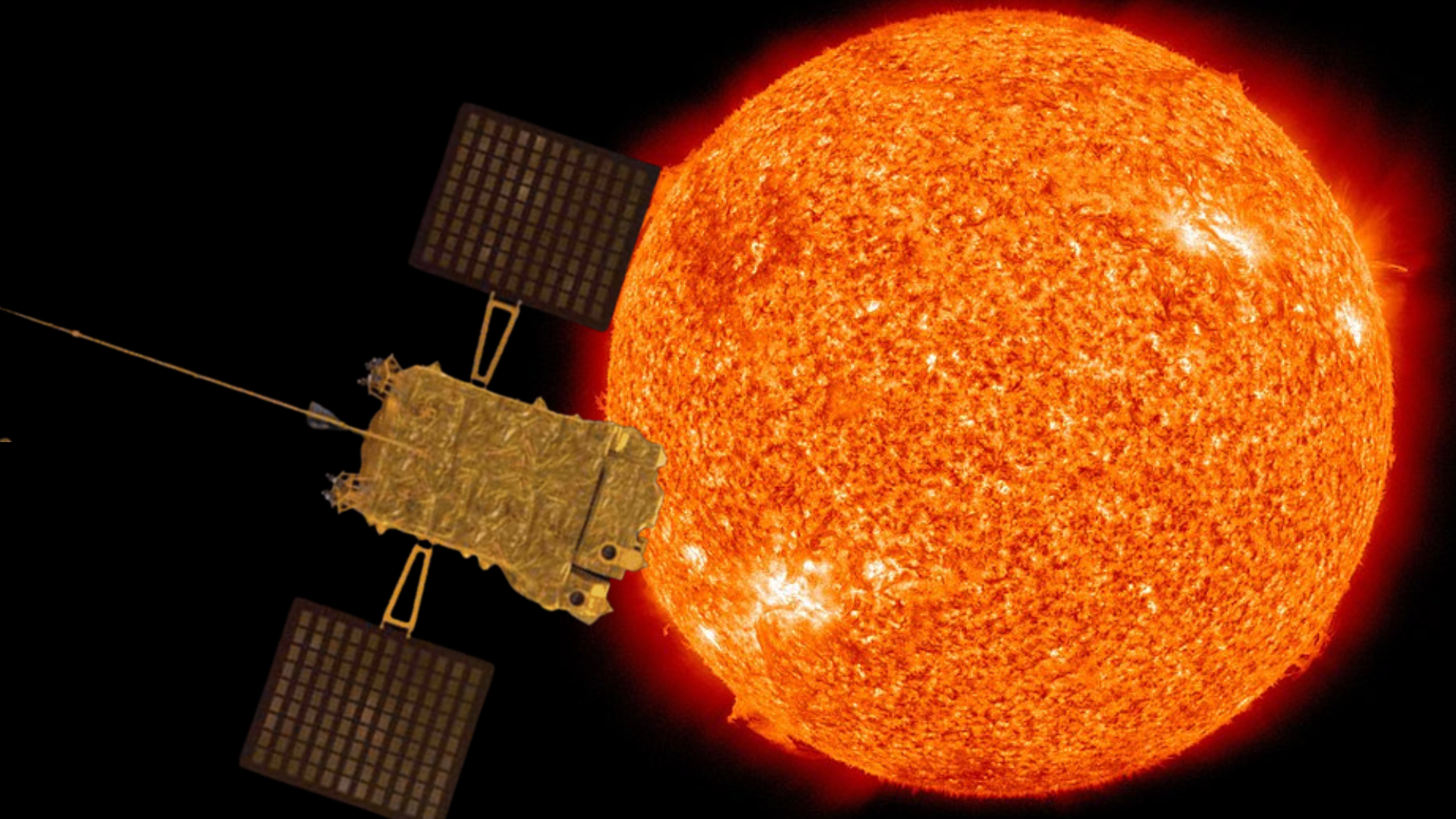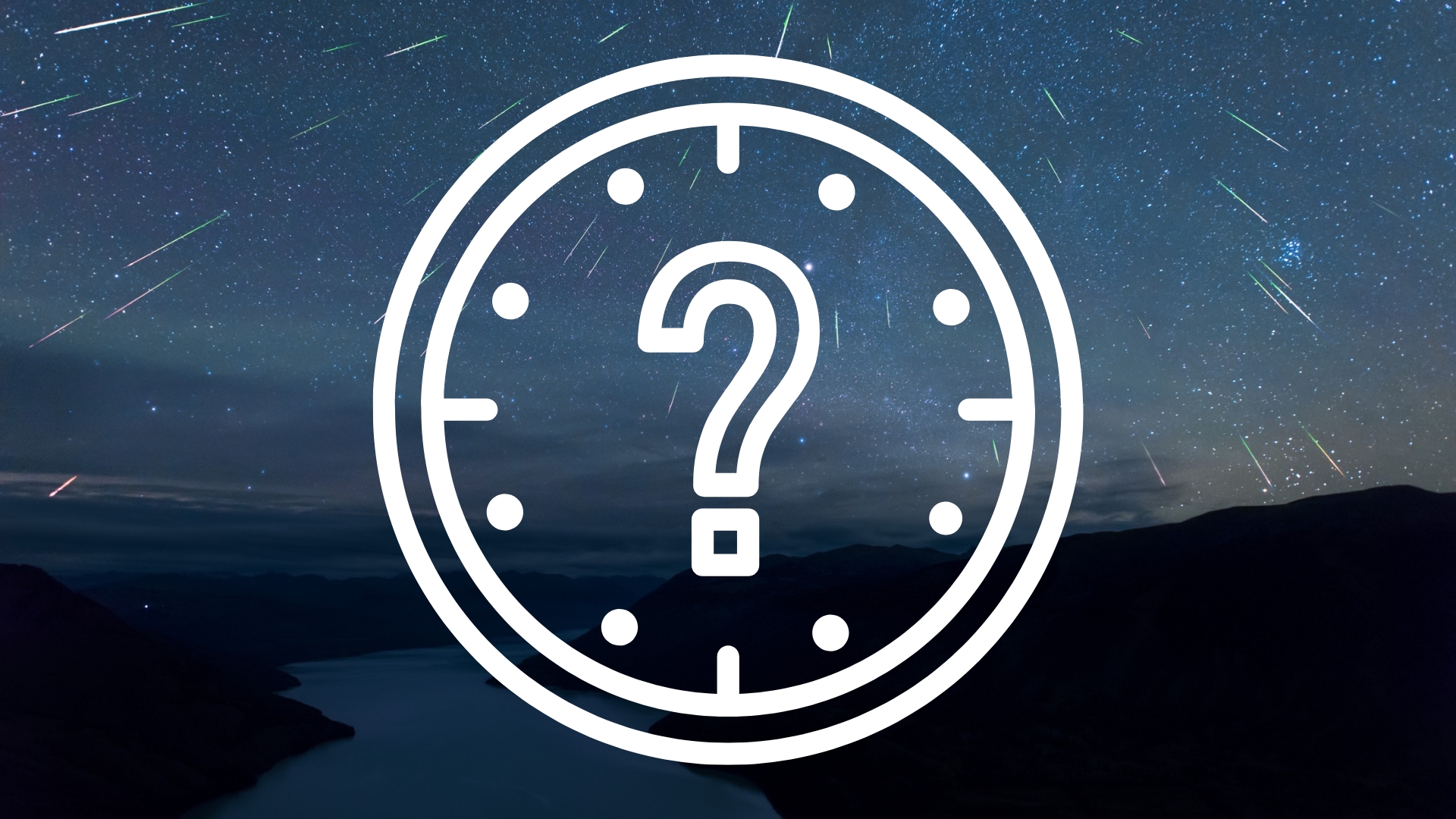India's Aditya-L1 solar observatory on course for its sunny parking spot 1 million miles from Earth
The sun-studying spacecraft is on a 110-day journey to its gravitationally stable vantage point.

India's first solar observatory has made a trajectory correction maneuver to ensure it is on course for a special point in space to observe the sun.
India launched Aditya-L1 on Sept. 2, sending the spacecraft on a 110-day voyage to an area in space around 1 million miles (1.5 million kilometers) from Earth. Aditya-L1 is planned to settle into a halo orbit around Earth-sun Lagrange point 1, a gravitationally stable area from which the spacecraft will have an uninterrupted view of the sun.
"A Trajectory Correction Maneuver (TCM), originally provisioned, was performed on October 6, 2023, for about 16 seconds," according to the India Space Research Organisation's (ISRO) X social media account.
Related: India's Aditya-L1 solar probe takes an epic selfie with Earth and moon (photos, video)
Aditya-L1 Mission:The Spacecraft is healthy and on its way to Sun-Earth L1. A Trajectory Correction Maneuvre (TCM), originally provisioned, was performed on October 6, 2023, for about 16 s. It was needed to correct the trajectory evaluated after tracking the Trans-Lagrangean…October 8, 2023
ISRO previously wrote in a post on X (formerly Twitter) on Sept. 30 that Aditya-L1 had successfully escaped the Earth’s sphere of influence. The TCM, which is a standard procedure for deep space missions, was executed to fine tune the spacecraft’s orbit.
"It was needed to correct the trajectory evaluated after tracking the Trans-Lagrangean Point 1 Insertion (TL1I) maneuver performed on September 19, 2023," ISRO wrote.
Aditya-L1 carries seven payloads for its five-year-long mission to study the sun. It is the second time India as sent a spacecraft beyond the Earth’s sphere of influence, the first being the the Mars Orbiter Mission (MOM), which launched in October 2013 and arrived in orbit around the Red Planet in 2014.
Breaking space news, the latest updates on rocket launches, skywatching events and more!
"Aditya" means "the sun" in Sanskrit, while the mission's L1 suffix comes from the location from which it will operate.

Andrew is a freelance space journalist with a focus on reporting on China's rapidly growing space sector. He began writing for Space.com in 2019 and writes for SpaceNews, IEEE Spectrum, National Geographic, Sky & Telescope, New Scientist and others. Andrew first caught the space bug when, as a youngster, he saw Voyager images of other worlds in our solar system for the first time. Away from space, Andrew enjoys trail running in the forests of Finland. You can follow him on Twitter @AJ_FI.
